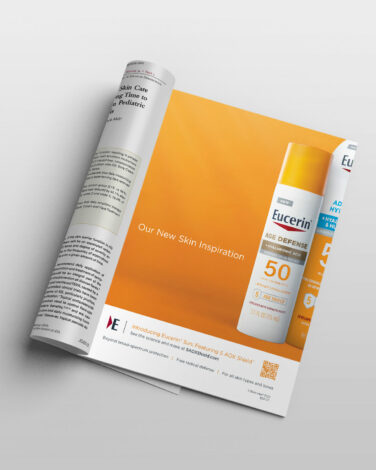Pharmaceutical Patient Support Programs (PSPs), or Patient Support Services (PSS), are shown to improve health outcomes for patients living with chronic diseases. Despite their value, many of these programs are surprisingly underused.
PSS often includes financial assistance programs to help patients access treatment. Thus, underutilization of PSS translates to a lean return on investment for the pharmaceutical companies who are investing billions. More importantly, it represents a missed opportunity to better support patients’ health and wellbeing, because patients who don’t know about these programs are letting perceived financial barriers impact their health. Nowhere is that loss felt more acutely than in the rare
disease community.
Patients with a rare disease often face a long road to diagnosis, challenging symptoms, and complex treatment regimens. Many lack quality disease education due to limited awareness and availability of information on their condition. PSS can fill an important role for patients who are unsure where to turn. Their teams often offer an empathetic voice, with the time and training to field questions that help patients navigate their disease journey.
To strengthen PSS programs and increase their visibility in the rare disease community, pharma companies should get laserfocused on three key program areas: enrollment, education, and
partnership.
Enrollment is an Open Door—Make it Easy to Walk Through
Enrollment may be a patient’s first introduction to PSS, but consent forms can leave patients and HCPs confused with all the legal jargon. Although it’s necessary, it may leave them frustrated, especially if they’re unclear what value the program brings. If HCPs don’t understand the value of enrolling patients in PSS, they may have a hard time convincing patients to make the leap. Likewise, enrollment can be a convoluted process for PSS team members whose time and assistance are invaluable to patients in other ways. By simplifying enrollment for all parties, pharma companies can streamline access to support for patients seeking it. Simplification may look different from program to program, but it comes down to health literacy and user-friendly design. Clean visuals paired with easy-to-understand language leads to a more organized process, which ultimately can boost enrollment.
Educate, Upfront and Personal
When it comes to rare diseases, patients and caregivers don’t have many options for reliable information. Even physicians may struggle to find the right education material on these uncommon diseases. Pharma companies developing these treatments are
in a unique position to share their accumulated knowledge. Their PSS teams fill this knowledge gap with trustworthy and highly regulated disease and treatment education—which can improve
clinical experiences for patients and providers.
Teamwork Makes the Treatment Work
To be truly successful, PSS education must do more than educate HCPs about rare diseases. It needs to help them understand how valuable these programs are to patients. Awareness campaigns can take many different shapes, but above all, it’s about reminding clinical partners they share a common goal with PSS: empowered patients with an enhanced quality of life.









